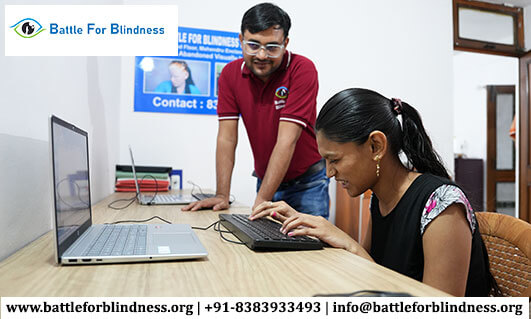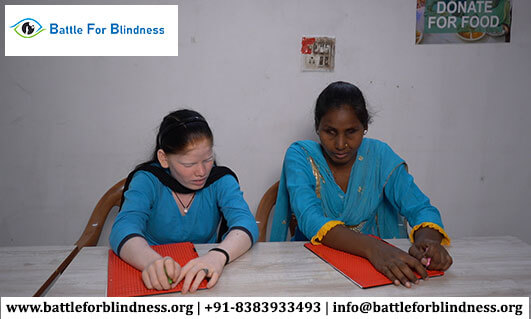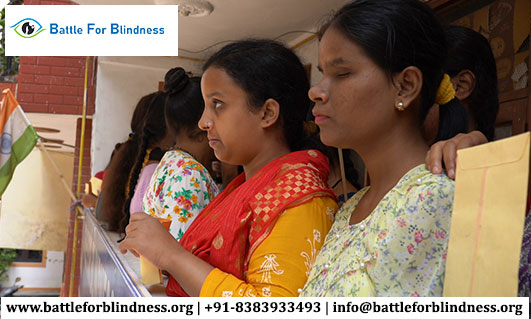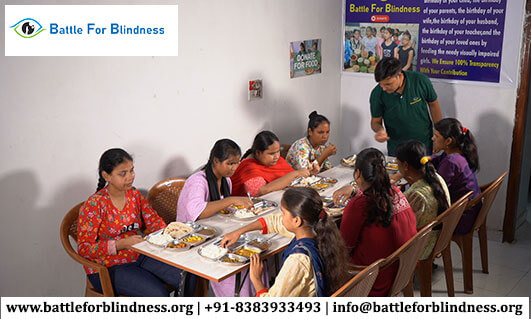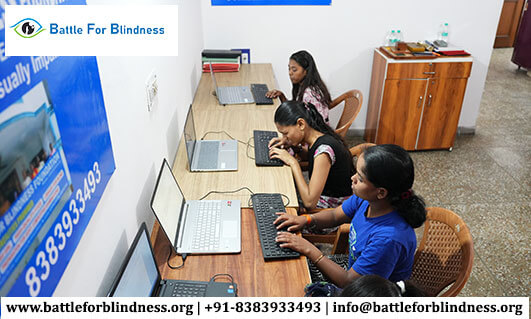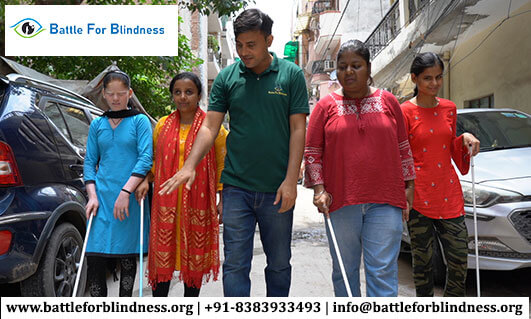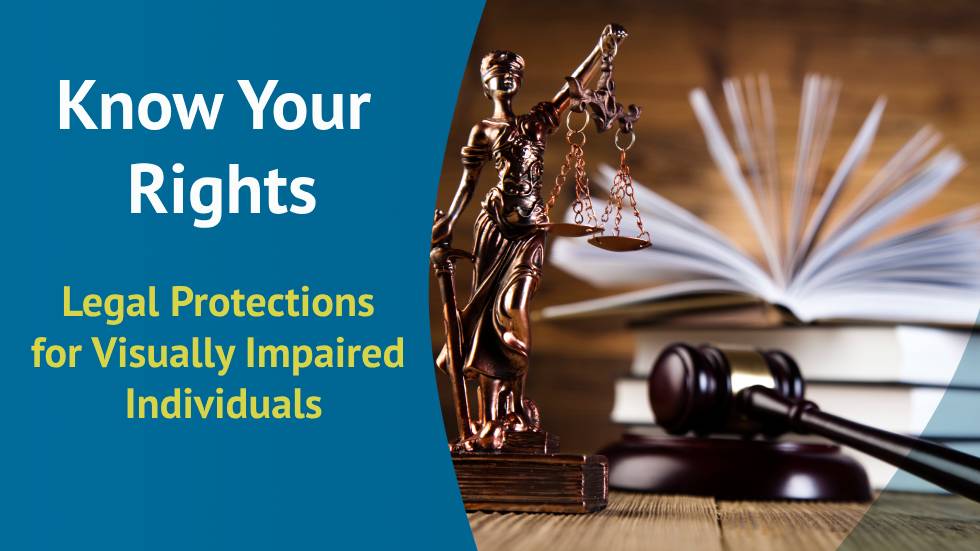
Understanding your rights as a visually impaired individual is crucial for navigating the world with confidence and asserting your needs. This comprehensive guide outlines the key legal protections and rights available to you, helping to empower and inform your journey toward equality and inclusion.
1. The Right to Accessibility
Key Legislation:
- Americans with Disabilities Act (ADA): In the United States, the ADA mandates that public spaces, transportation, and communication must be accessible to individuals with disabilities, including those with visual impairments. This includes provisions for braille signage, audible signals, and accessible technology.
What You Can Do:
- Advocate for your right to access public buildings and transportation. If you encounter barriers, report them to the relevant authorities.
2. The Right to Education
Key Legislation:
- Individuals with Disabilities Education Act (IDEA): This law ensures that children with disabilities, including visual impairments, receive a free and appropriate public education tailored to their individual needs.
What You Can Do:
- Collaborate with educators and administrators to develop an Individualized Education Program (IEP) that addresses your unique learning requirements.
3. The Right to Employment
Key Legislation:
- Rehabilitation Act of 1973: Section 504 of this act prohibits discrimination against individuals with disabilities in federally funded programs and activities, including employment.
What You Can Do:
- Seek reasonable accommodations in the workplace, such as modified workstations or assistive technology, to perform your job effectively.
4. The Right to Healthcare
Key Legislation:
- Affordable Care Act (ACA): The ACA prohibits discrimination based on disability in healthcare settings, ensuring access to necessary medical services and treatments.
What You Can Do:
- Understand your rights to accessible healthcare services and advocate for accommodations, such as accessible medical equipment and communication methods.
5. The Right to Public Services and Accommodations
Key Legislation:
- Fair Housing Act: This law protects individuals from discrimination in housing based on disability. It mandates that housing providers make reasonable accommodations for individuals with disabilities.
What You Can Do:
- Know your rights when seeking housing. If you experience discrimination or inadequate accommodations, file a complaint with the U.S. Department of Housing and Urban Development (HUD).
6. The Right to Participate in Community Life
Key Legislation:
- Developmental Disabilities Assistance and Bill of Rights Act: This act promotes the inclusion of individuals with disabilities in community life and ensures access to services and supports.
What You Can Do:
- Engage with local organizations and advocacy groups to participate in community activities, events, and decision-making processes.
7. The Right to Legal Protections
Key Legislation:
- Civil Rights Act: This act provides legal protection against discrimination in various areas, including education, employment, and public accommodations.
What You Can Do:
- If you face discrimination, consider consulting with a legal professional who specializes in disability rights to explore your options for recourse.
Conclusion
Understanding your rights as a visually impaired individual is essential for advocating for yourself and ensuring that you receive the support and accommodations you need. By familiarizing yourself with key legislation and resources, you can confidently navigate challenges and promote equality in all aspects of your life. Remember, you are not alone—many organizations and support groups are available to assist you in asserting your rights and fostering a more inclusive society. Empower yourself with knowledge and take the necessary steps to advocate for your rights and the rights of others in the visually impaired community.
